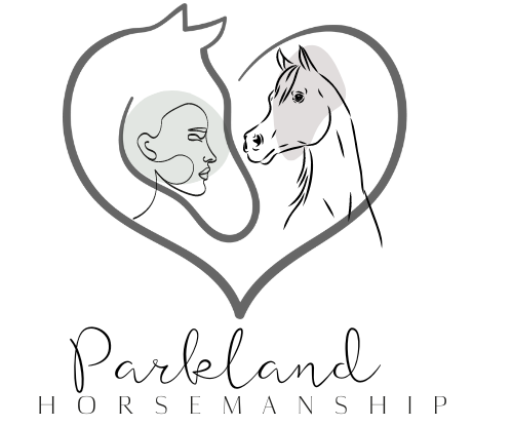Horses have proven themselves an invaluable addition to traditional therapeutic approaches. By reflecting our emotions back at us, horses help individuals become more self-aware about how their emotional state changes over time and learn to regulate it more effectively.
Jason found hope and direction through equine therapy after struggling with suicidal thoughts. Like so many veterans before him, Jason credits horses with saving his life.
Trust & Confidence
Rebuilding trust can be challenging for people living with PTSD. Horses provide instant and honest feedback about human emotions; learning to connect with one can build the confidence necessary for successful interpersonal interactions.
Equine experiences are physical intensive and require participants to remain fully present in each moment, leading to mindfulness and a sense of calmness. Grooming and leading a horse also encourage physical awareness while teaching participants how to control emotions and body language.
Horses are prey animals that naturally keep an eye out for danger, so their instinctive response can detect when someone appears afraid, anxious or angry. By dropping one’s guard deliberately in order to commune with horses, PTSD patients can learn how to use this strategy themselves to promote emotional regulation and healing in human relationships.
Emotional Awareness
Horses are highly sensitive animals that are adept at sensing emotions and behavior, helping individuals rebuild trust after experiencing trauma. Engaging with horses also requires participants to stay physically present during interactions; doing so promotes mindfulness as well as an increase in grounding sensations.
Additionally, horses’ natural inclusiveness and strength can help individuals develop trust in others to support them. Furthermore, their herd-like nature facilitates group therapy sessions where patients can provide each other with support and care.
Equestrian-assisted psychotherapy differs from traditional talk therapy in that it does not focus on trauma associated with PTSD but instead seeks to enhance emotional awareness, communication and critical thinking/problem solving skills, strengthen self-efficacy and increase relaxation and spirituality. In one study involving 63 veterans diagnosed with PTSD who traveled over the George Washington Bridge for weekly 90 minute group sessions at an equestrian center where grooming, leading and trust-building activities with horses took place.
Self-Discipline
Equine therapy offers an alternative, experiential form of trauma-focused therapy which may be less intimidating for some PTSD sufferers. Equine therapy also can provide an experiential component that may make treatment less daunting.
Horses communicate nonverbally, and are highly attuned to their handlers’ behavior and emotional states, providing participants with a real-time mirror of themselves in terms of emotions and behaviors which promote greater self-awareness. Equine assisted psychotherapy offers participants this invaluable opportunity.
Over eight weeks of sessions, veterans worked closely with horses in grooming and leadership exercises. By learning to trust and collaborate with these animals, they were also learning how to trust other people again; an essential step as some were struggling to reestablish human relationships upon returning from war. Working alongside horses provided them with a safe space in which to form these connections while learning mindfulness, healthy boundaries re-establishing, as well as experiencing an incredible sense of achievement through working with animals.
Sense of Belonging
Horses serve as an invaluable mirror for their handlers, providing immediate nonjudgmental feedback on their emotional state. This can teach individuals to identify and regulate their own emotions more easily – an essential step toward healing from PTSD.
As prey animals, horses are highly sensitive to people around them, making them an effective tool in helping those with PTSD feel connected and understood by society again. This sense of connection and acceptance may allow clients to build self-confidence again in themselves and in relationships.
Equine therapy requires participants to be physically present in the moment, cultivating mindfulness and grounding skills. These lessons can then be transferred into other aspects of life such as impulse control – an issue often faced by those suffering from posttraumatic stress disorder (PTSD). A recent study by Dr. Yuval Neria of NewYork-Presbyterian Military Family Wellness Center discovered that participants who learned how to interact with horses displayed significantly fewer impulsive behaviors, especially among those diagnosed with PTSD.

